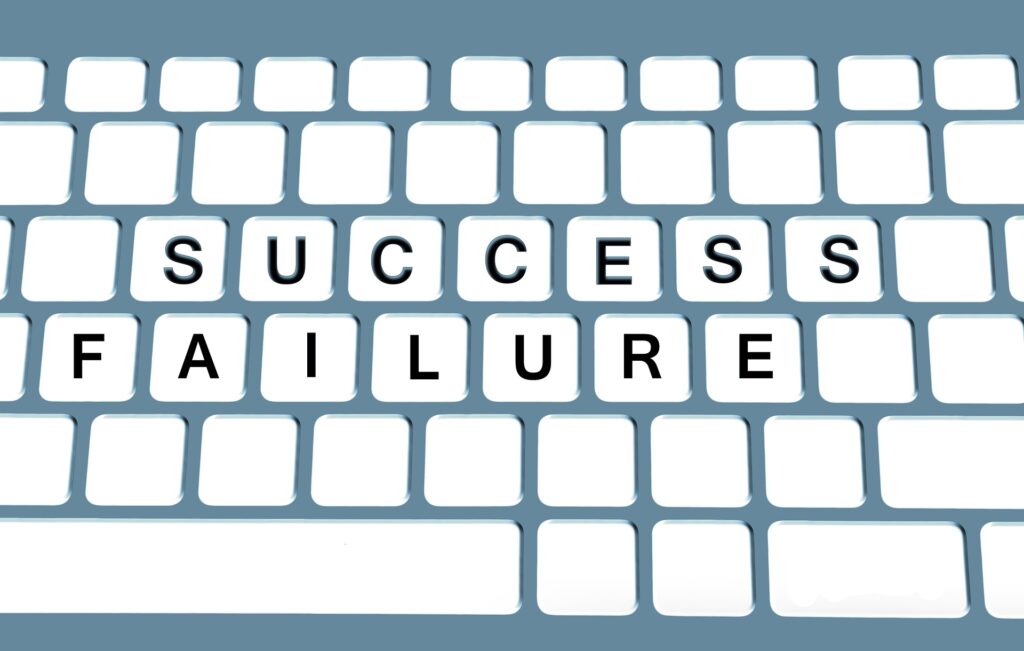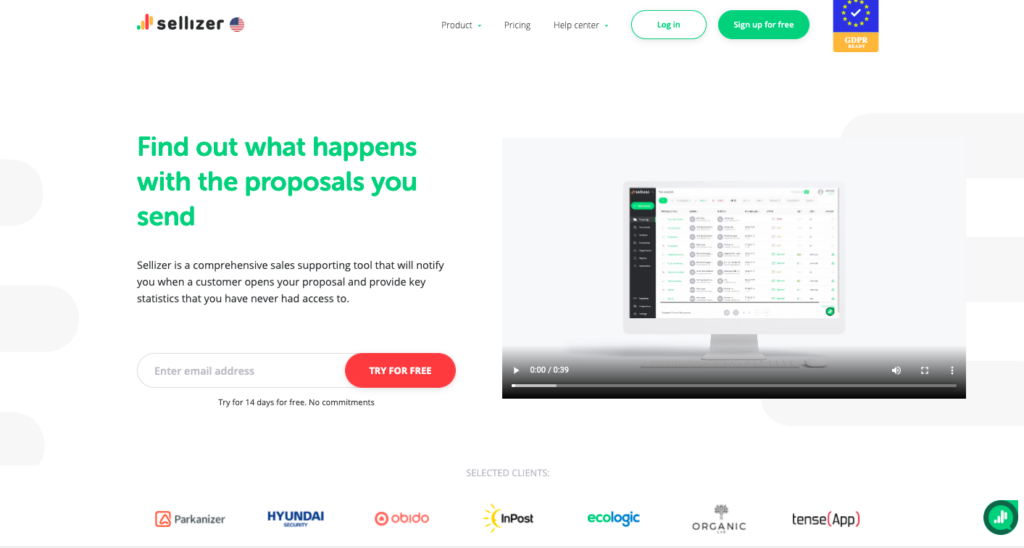It’s about time that you strategically cared about sensing the moment when your customer is about to purchase. To put it figuratively, you need to feel the rhythm of the sales cycle and line fully. In most cases, seasonal offers are easier to propose. It is different, however, in B2B services—knowledge about the decision-making process matters more here. Timing is starting to play a crucial role when establishing relationships with decision-makers and finding the right moment to… sell.
Table of contents
Timing in Sales: Struggles
In order to close your deals, you have to constantly observe your strategies, and even—from time to time—motivate a client to perform certain activities. Truth be told, a vast majority of sales reps don’t truly care about maintaining contact with customers, conceiving several refusals as a lack of interest. We’ve written about it neither once nor twice, though—you’ll have to send at least five emails to get a reply. With that being said, customers often have to mature enough to undertake commercial activities, or otherwise, they need reassuring steps from the salesperson.

Read also
Timing in Sales: Success
There are a number of success factors that more or less significantly contribute to your sales. In addition to proper preparation, a structured search for buyers as well as some evaluation and financial considerations, time plays a role that should not be underestimated.
As a key success factor, the optimal timing deserves to be considered early in the sales consideration and should be assessed from different perspectives. On the one hand, it is necessary to take into account and review the internal factors of the company, and on the other hand—the external ones.

Timing in Sales: Internal Factors
Internal factors relate to the company itself—we focus here on the enterprise’s development phase. That said, you should assess whether the company is ready for a particular type of sales or whether the appropriate time has already passed, and maybe you ought to implement new development steps before sales. In particular, you must carefully consider several questions during the evaluation.

- What phase of the business cycle is the company currently in?
- Over the past years, has the company experienced a consistently positive profit development and does it have intact growth prospects over the medium term?
- Is the company ready to employ a new method of selling?
- Is the organizational structure (especially a sales department) in the company sufficiently well-established, or does it need to be further developed?

Timing in Sales: External Factors
In addition to what we’ve presented you with above, there are also external factors that you must take into account when choosing the optimal selling time. They primarily concern a situation on the market, outside the company, and somewhat out of your reach. To put it another way, you don’t have bearing on the industry behaviours. These factors can also be illustrated with several questions.

- What are the current selling (and not only) trends across your industry?
- Is the industry experiencing decay or growth?
- What is the current industry environment and the medium-term outlook for markets relevant to the company?
- Does the company have stable relationships with customers and suppliers or are there any challenges that need to be resolved?
It may be that some factors suggest selling early, while others signal that you shouldn’t start doing so until later. Either way, carefully prioritize and weigh in order to determine—and then select the right time.

Timing in Sales: Common Mistakes
There appear to prevail common mistakes when it comes to choosing the optimal timing for your sale. What’s erroneous about these time failures is that they are especially persistent. In other words, they’ve been often used for so long that they are no longer noticed by the sales rep in question.

- The seller acts too fastly.
- The seller doesn’t focus on analyzing the customer’s needs—he or she gives it too little time.
- The client has too litle time to digest the information.
- The seller doesn’t let the client ask questions, put some suggestions forward, or—generally—doesn’t give them any space.
- The seller doesn’t pay attention to the client’s signals; the interaction is distorted.
- The seller starts selling too quickly.
- The seller presses the customer.
- The seller shows the anxiety, rushing to close a deal.
- The seller is impatient and gives in too fastly.
The more of those mistakes the salesperson makes, the more probable it is for the customer to resign.

[BONUS] Timing in Sales: Tips
- Planning timely, consciously, and proactively can prevent a forced sale at the wrong time.
- Choosing the optimal date requires a holistic approach and can increase sales revenue and the likelihood of success.
- It is better to be too early than to miss an occassion because in the latter case, it is usually too late for any interventions.
- Intuition, used at the right moment, can be invaluable in a sales process.
- Independent external consultants can provide a entrepreneur with valuable information and insights in choosing the right time.
Having given you those invaluable tips, we’d like to mention that in the digitalised, data-driven world, there exist a number of tools that could contribute to your timely success. The art, however, lies in choosing the most suitable software according to your business’s needs.
One of them is Sellizer.

Timing in Sales: Sellizer

Sellizer is a comprehensive sales supporting tool that will notify you when a customer opens your proposal and provide key statistics that you have never had access to.

Timing in Sales: Summary
In any case, forced or unplanned sales should be avoided. Additionally, trusting your intuition may be a good idea at times, too. Most importantly, you should keep a balance.
What are your thoughts on this topic? Would you like to share some comments with us? How has timing changed your sales process? Did you fail or succeed? We’re looking forward to your voice!






